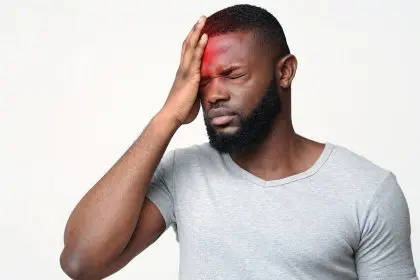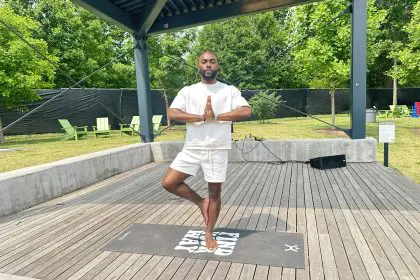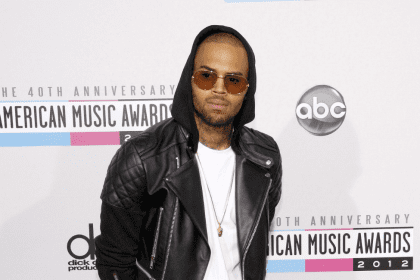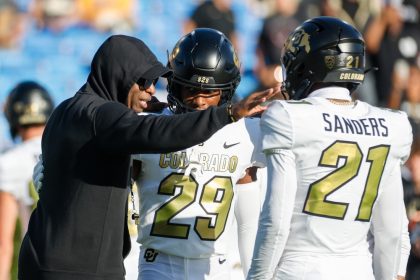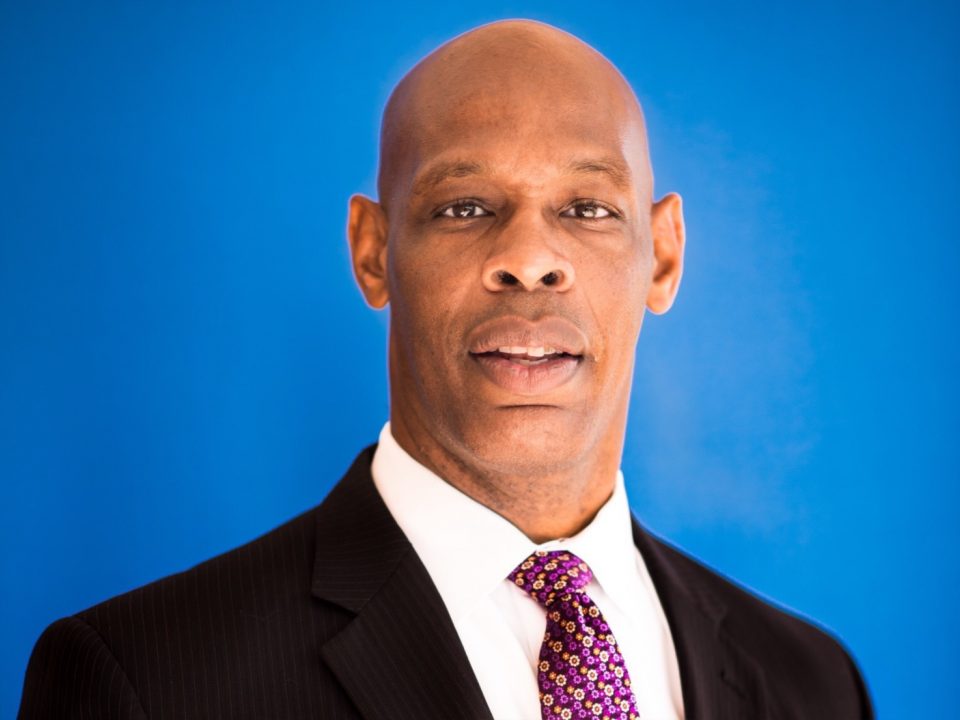
Maurice A. West serves as an external affairs manager and Dean of Men at Paul Quinn College in Dallas. West places a heavy emphasis on retention and academic achievement through teaching, motivation, training, and providing guidance and counseling for students.
What role does vaccination play in the health of the Black community?
I think it’s an important role. I serve as the Dean of Men, and I manage corporate external affairs at Paul Quinn College in Dallas. We have been very adamant about protecting and safeguarding not just our students, but also our community. In the North Texas area, we average over 600 people a day coming to get tested and making sure they have the resources. We are very supportive of all [the] things that make people more aware. The choice is yours, and we have to leave that decision in the hands of everyone. We’re also going to encourage people to make a smart decision about staying safe, getting a vaccination, and also getting the booster. But more importantly, frequent testing, because we’re still not removed from various strains that may come about [is important].
What information helped you to decide to get vaccinated?
It was a couple of factors. One, I felt that me working out, eating right, and doing things that were needed was a determining factor. Some people think about if the respiratory system is being compromised. Secondly, I felt that it fell in line with other communicable diseases like the poliovirus vaccination, and the influenza vaccination. The meningitis shot is required in the state of Texas because if you’re going to be in any common ground or common settings, or if you’re going to live as a resident like on a college campus, it’s required. I’m in college administration, so I have to be an example, and give young people the encouragement to say, “it’s going to be okay.”
How important is social activism in health?
I think more than anything it’s critical. It’s something that we all can speak to, and make a statement about. It makes sense and it’s good, but there are some people who don’t know. It’s our responsibility to be educated, informed, engaged, and to educate those [who] might not have a trusted science or industry leader. It’s our responsibility to get the older citizens who are retired and while they trust the pastor and the community leaders, we need to get them to trust someone else who’s a little younger that’s testing this out. … Social activism is critical in our communities and in our social media life because the more people who become comfortable with it and become educated, it’s going to help us save our generations.

